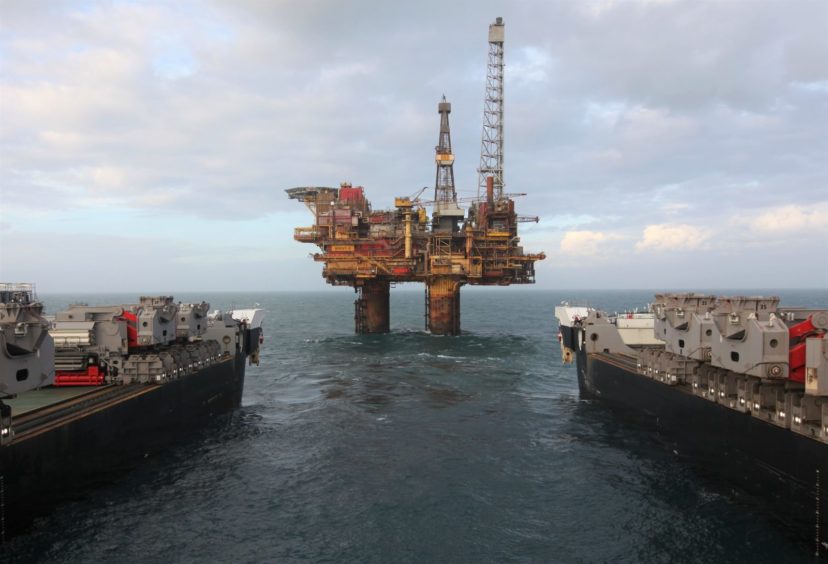
Shell has revealed it received more than £60m back from the UK Government last year in relation to decommissioning its Brent field in the North Sea.
The energy giant has been in the process of removing the topsides of platforms at the iconic field in recent years, with the Brent Delta removal in 2017 and Brent Bravo following this year.
Shell has released its tax contribution report for 2018 showing that despite taking pre-tax profits of $730.6m from its UK business last year it did not pay corporation tax on its 2018 results.
The company but did pay $130m (£99m) related to 2017 profits.
Shell received refunds of nearly $115m (£87.7m) last year relating to tax paid in prior years.
It received a £60m corporate income tax refund directly related to Brent decommissioning.
There remains a question over whether huge oil storage cells within the legs of the Brent platforms will be removed – leading to Greenpeace protests in October.
Decommissioning costs are widely subject to relief under the UK’s tax regime for the North Sea in order to secure continuous investment in the region.
The firm also received petroleum revenue tax rebates on several fields including Brent, Miller and Fulmar, the latter being sold to Repsol Sinopec Resources in 2007.
Oil companies build up credits on the taxes they pay during the production life of a field, which can then be used to offset decommissioning costs once the well runs dry.
Shell’s website highlights that tax relief “is not a subsidy or a new cost to the taxpayer” but a refund of that paid in previous years.
Professor John Paterson of Aberdeen University has previously highlighted that decom tax relief sums need to be kept within the context of the bills the industry has paid over the life of the North Sea.
Shell’s website states that the UK Government received more than £20bn in today’s money as tax from Brent.
Recommended for you

